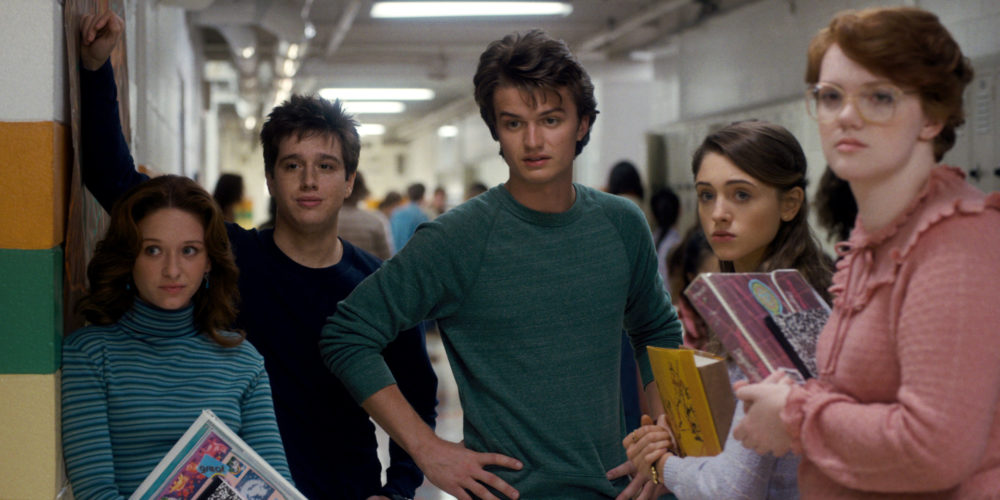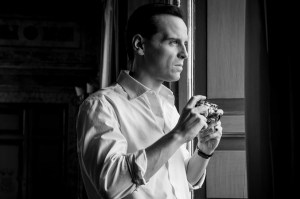Recently, Kate Bush went to the top of the iTunes charts — yes, such a thing does still exist — with her 1985 single “Running Up That Hill.” It’s an excellent song, one of her finest works, but the reason for its somewhat unexpected resurgence in popularity is because it was prominently featured in the fourth and penultimate season of Stranger Things.
It’s testament to the show’s continued popularity that its consistent, even ruthless channeling of Eighties nostalgia can lead to unexpected knock-on effects.
Yet for those of us who are not the natural audience for Stranger Things — in other words, those over the age of 30 who were never especially big fans of The Goonies, Gremlins, and Poltergeist — it’s worth taking a look at how the show has created an almost fantastical version of the 1980s. Its combination of a diverse and youthful cast, special effects-laden storylines (now costing Netflix a rumored $30 million per episode), overarching sense of otherworldly paranoia and carefully drawn depiction of teenage angst have made it one of the most talked-about shows since its premiere in 2016.
It is also entirely ersatz. Its creators, the splendidly named Duffer Brothers, are not quite 40, and so their recollections of the Eighties seem both second-hand and synthetic. The milieu that they depict, the fictional town of Hawkins, Indiana, is familiar to anyone who has ever watched the films that influenced Stranger Things. But familiarity can easily curdle into the derivative, and so it has proved here.
Despite the occasional narrative curveball — this latest season’s revolving around the character of the town’s police chief, Jim Hopper, manfully played by David Harbour, who is believed dead but is in fact incarcerated in a Russian prison — there is a comfortable predictability to the show. This enables the Duffers to get away with their recreation of a bygone world that never really existed, except in the minds of Steven Spielberg, Joe Dante and their ilk.
The Eighties were neither as grim a decade as they have sometimes seemed nor as consequential as filmmakers and novelists have tried to suggest. With the rise of Russian hostilities in Ukraine threatening to bring about a new cold war, Stranger Things taps into a nostalgia for a time when the Soviet Union could be — and was — beaten by the United States. Hence why the real evil lies in the unfathomable supernatural elements that derive conveniently from another dimension, appearing to threaten our heroes but being eminently beatable in the process. It’s a comforting depiction of the era that bears as much resemblance to reality as Ronald Reagan’s acting career did to thespian gravitas.
The series ultimately remains escapist entertainment, not gritty realism, and so it should be judged by those ephemeral standards. But for all of its so called “darkness,” Stranger Things’ oddly benign version of the past is an exercise in counter-factualism that is, ironically, almost Stalinist in its rewriting of history.
In “Running Up That Hill,” Bush asked, “Do you want to know about the deal that I’m making?” The show that has repopularized her music has its very own Faustian pact. In comes glossy entertainment; out goes any attempt at delving deeper into its period, which, in its sheer oddness, outdoes any number of supernatural beings for impact. Perhaps that would have made for a better show after all.


















